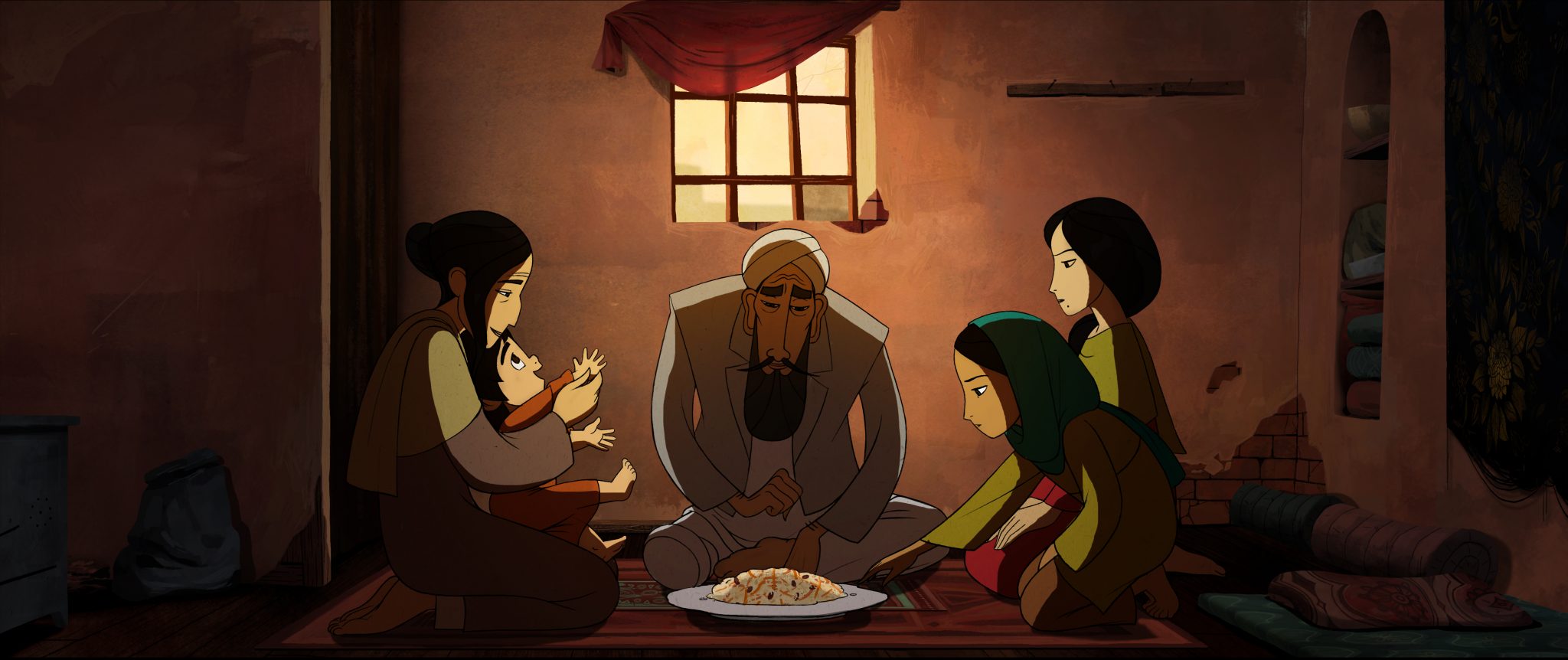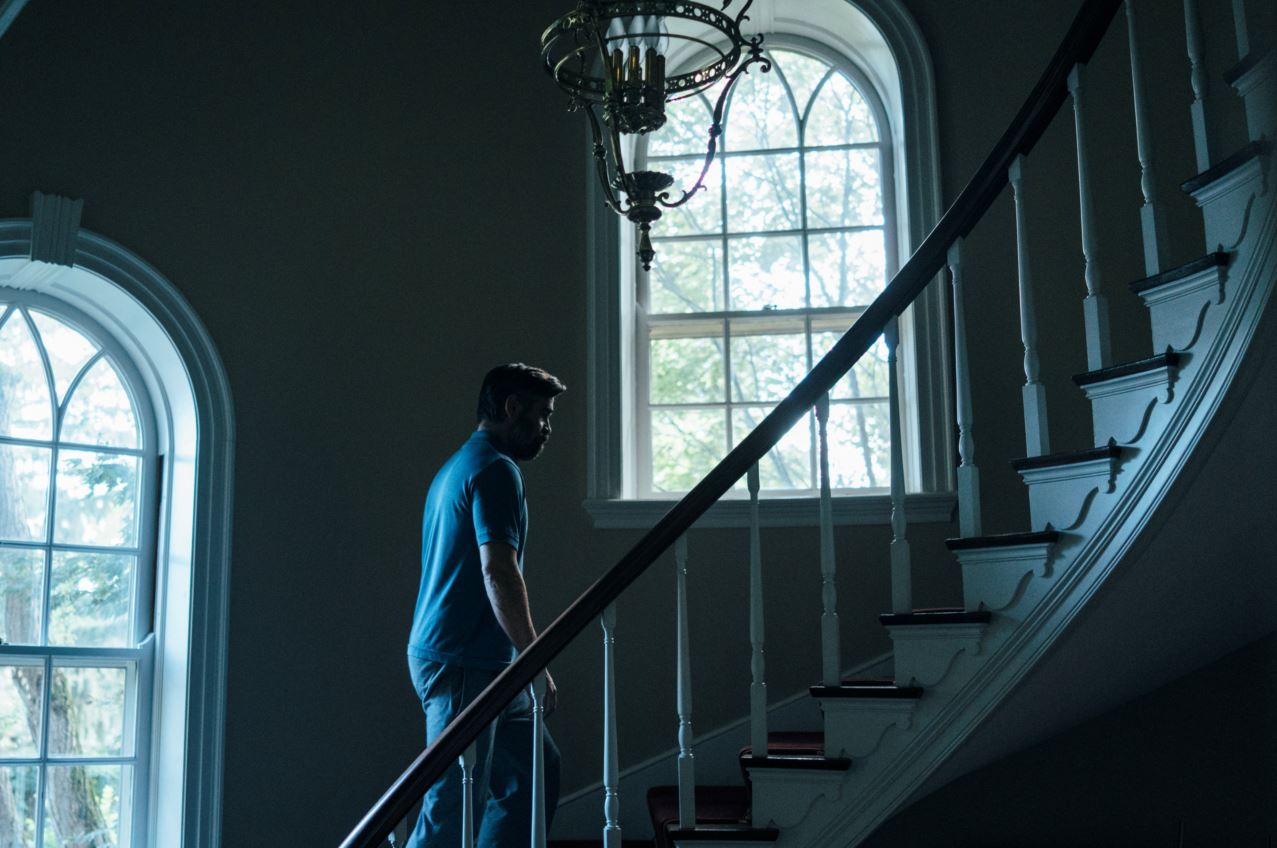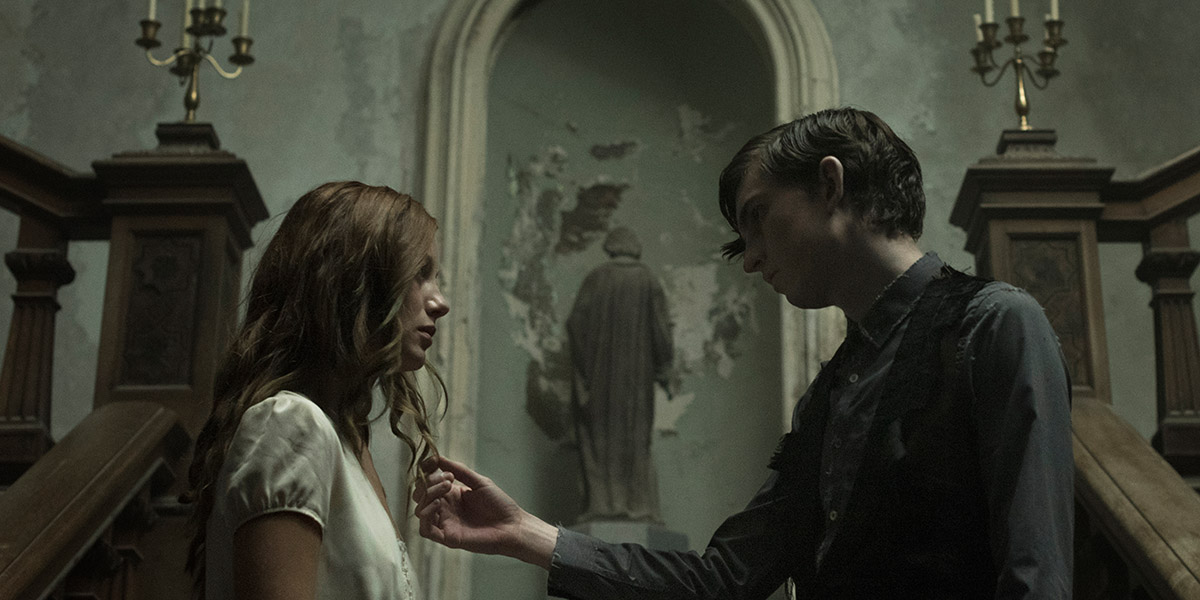The Toronto International Film Festival (TIFF), generally seen as the informal kick-off to the international awards season, has seen critical acclaim and major sales for the strong line-up Irish films premiering there.
From the “bold announcement of a brilliant new cinematic voice” in the form of Aoife McArdle (dir. Kissing Candice) to Nora Twomey’s “standout” debut animated feature, The Breadwinner, and a major early sale for The Cured the Irish film industry took centre-stage.
Despite reducing their programme by 20%, Ireland had eight IFB-supported titles, five of which are directed by female directors, in this year’s line-up which ran for ten days.
Critics also applauding the “spectacular cast” of Yorgos Lanthimos’ The Killing of a Sacred Deer as well as complimenting Sophie Fiennes’ Grace Jones: Bloodlight and Bami for delivering a documentary that “captures Jones’ spirit in a way that’s cinematic and rousing.”
David Freyne’s debut feature, The Cured, starring Tom Vaughan-Lawlor, Sam Keeley and Ellen Page was picked up for distribution in North America by IFC for a large 6-figure number with more international sales expected to follow. Critics observed how its exploration of social issues through the lens of horror provided “a compelling narrative angle” in the context of the current political climate. The Lodgers a Gothic horror set in 1920’s Ireland has been called “one of the best of its kind”.
Still early days for the announcement of international sales, more sales deals are expected to follow in the coming weeks.
Telling the story of seventeen-year-old Candice, who longs to escape the boredom of her seaside town, Aoife McArdle’s debut feature, Kissing Candice was lauded as a title “not to be missed” at TIFF 2017. McArdle’s deft direction was also praised, with one critic writing, “You would be forgiven if you did not believe Kissing Candice was Aoife McArdle’s feature debut”; particularly lauding the director’s style and pacing throughout the picture. Cine Europa called Kissing Candice an “intense and appealing coming-of-age drama” and praised the film’s cinematography and musical compositions.
Nora Twomey’s The Breadwinner, which received its highly anticipated world premiere at TIFF, debuted to unanimous critical acclaim from the international press. Based on Deborah Ellis’ award-winning novel, the film follows the extraordinary story of an eleven-year-old Afghan girl who finds strength in the love her family and the power of storytelling. Screen International called the film “accomplished” and honed in on the title’s incredible artistry; paying particular attention to its bravura display of technical skill that will mark it out as a festival favourite.
Brian O’Malley’s The Lodgers, tells the tale of teenage twins living in a haunted manor under the shadow of a family curse. O’Malley’s direction described as an “artful, lurid and meticulously orchestrated exercise in atmosphere, pretty misery and dread [which] seeps deep under your skin.”
The eagerly awaited Grace Jones: Bloodlight and Bami, produced by Dublin’s Blinder Films, opened TIFF’s doc section and the doc-biopic, which weaves both the personal and public personas of the legendary performer, was announced as “an instant cult classic” by one reviewer. Screen International observed how Jones is the undisputed star of the doc, taking the lead throughout the film, with Fiennes’ camera intuitively following her; “entranced”. The result is a film that helps to deconstruct the myths around the iconic singer to reveal a strong but at times, vulnerable woman.
The Element Pictures-produced The Killing of a Sacred Deer, which was awarded Best Screenplay earlier this year in Cannes has also been well-received by the critics, with one hailing it as a film constructed around a “beautifully simple premise that is brought to fruition with top-class filmmaking.” Starring Colin Farrell, Nicole Kidman and Barry Keoghan, the psychological horror charts the strange relationship between a cardiac surgeon (Farrell) and a sixteen-year-old boy (Keoghan), which portends a terrifying sacrifice. Lanthimos’ auteurship—evident throughout the film as well as when measured against his own oeuvre—was also applauded by critics, who found his direction both “taut and assured.”







